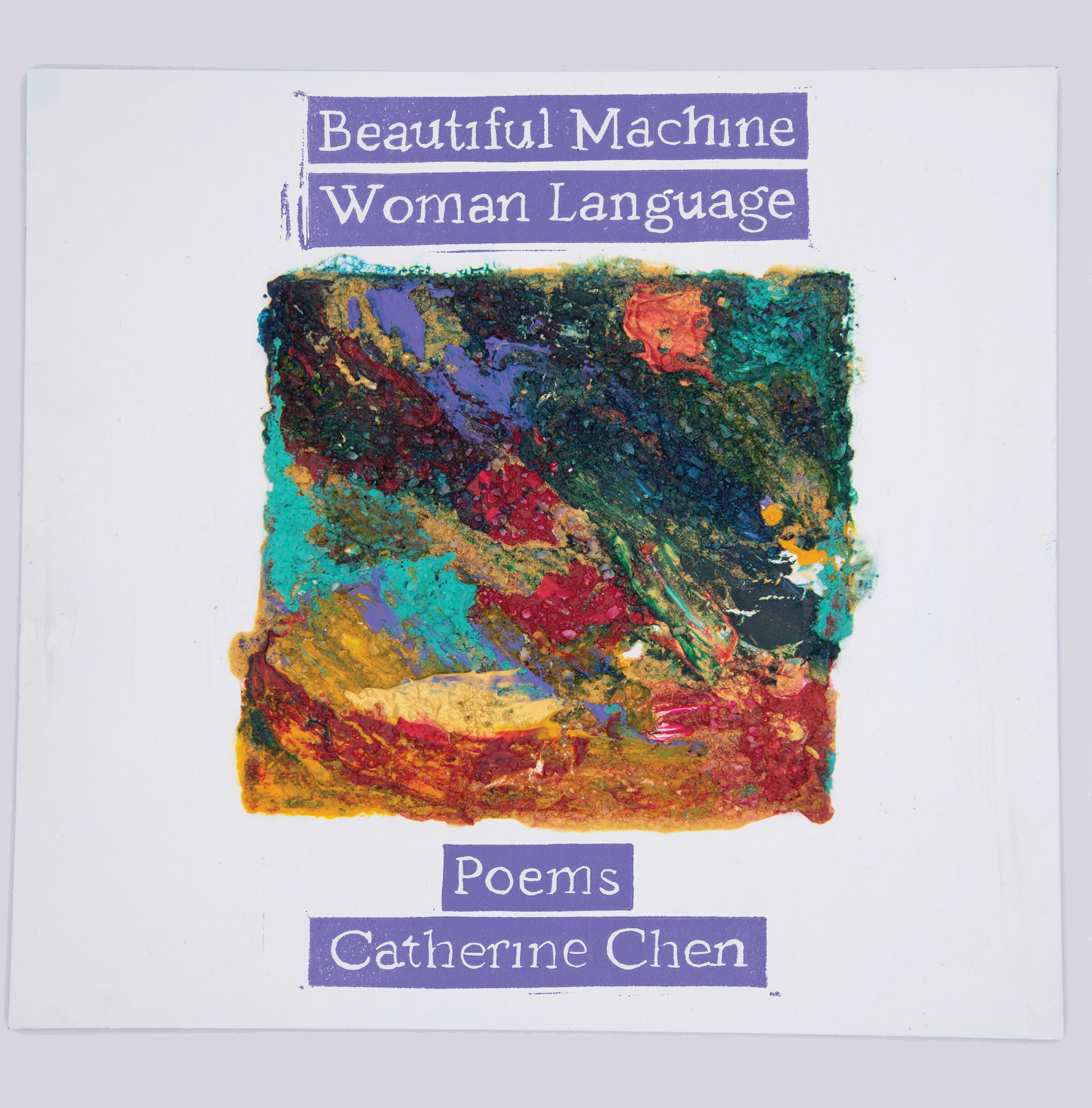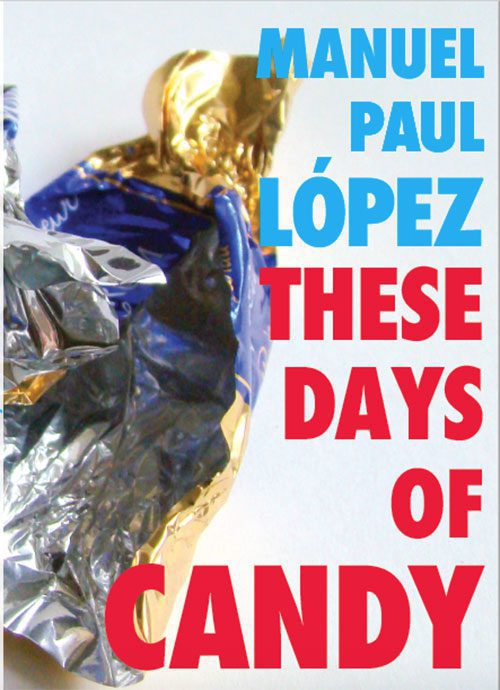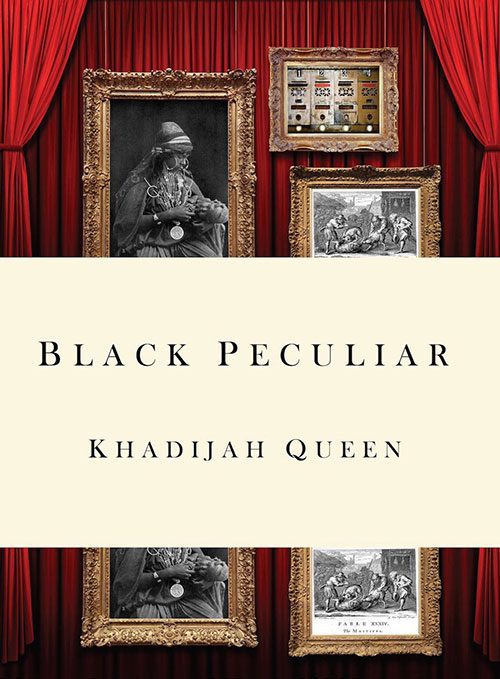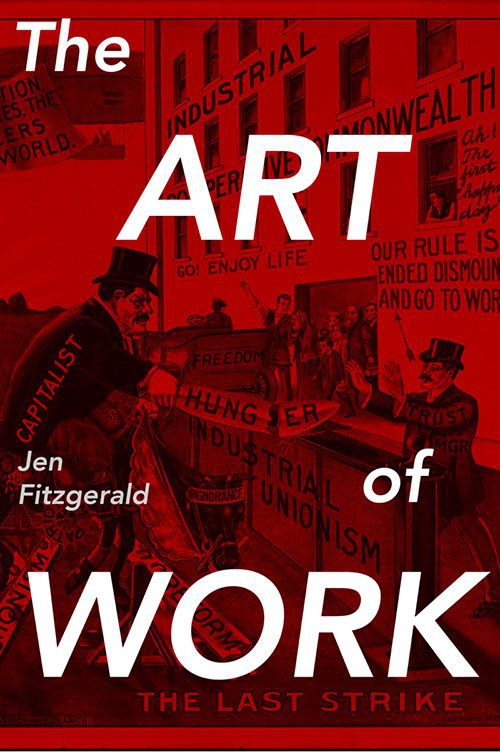Inland Empire
by Leah Huizar
$9.99 – $18.00
Synopsis
The collection invokes the ways in which collective memory and the force of mythmaking shape cultural and personal identity. The book trajectory develops in a series of poems examining origins: the Mesoamerican creation of humanity from cornmeal, the medieval Spanish legend of the mythical island of California, the missional trail of Saint-named cities dotting the western coastline, the birth of the speaker. The second section builds from its depictions of west coast heritage and Latinx narratives to reflect on how these forces shape understanding of gendered and racial injustices.

Blurbs
“I want to belong to history,” writes Leah Huizar, and in these exquisitely crafted lyrics, claims a place for herself in that fleeting repository of gilded dreams, California. Guided by desire and devotion to language, her search leads to landscapes ruled by 16th century Queen Calafia, the Virgin of Guadalupe, and La Llorona; haunted by migrations of the Indios and the labor of field hands; celebrated in the Grape Day Festival and holy eucharist. “After this chance/opening of ground and sky, new shoots—root-loose/ and out-of-time—will burst forth,” she writes, and Inland Empire gorgeously fulfills that promise.
Julia Spicher Kasdorf
Leah Huizar creates an inland empire of the human heart as well as a geographic and historic one, in this groundbreaking collection. A grandmother spirit-guide, “rich beyond/ landowning dreams,” passes on her gift for telling of “the plots erased.” Mesoamerican myth, incantations “older than the New World,” and “centuries of Mexican memory” undergird these original, smart poems. Huizar’s unforgettable characters and ghosts conjure a California forever enlarged by her vision.
Robin Becker
We have been waiting for a historic retelling like this—that shows us what has been built and what exists underneath, as if we are gently running our hands down a striation and seeing how each layer came to be. We have been waiting to understand the myth of our mothers, our grandmothers, and ourselves as we carry an intangible force onward, carefully, as if the womb is a book with unexpected and florid clarifications. In Leah Huizar’s debut collection, stereotype falls away as we become immersed in the world of complex magnetism, where menudo is the origin of identity and a grandmother passes on a mythic power to “speak without saying, to release without giving in.” It is a great relief to see history told like this, released from the packed earth as “brown Madonna, belly swollen with hybrid.”
Analicia Sotelo



